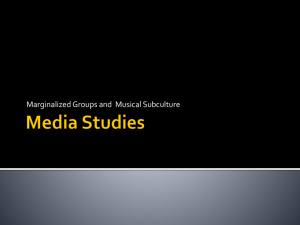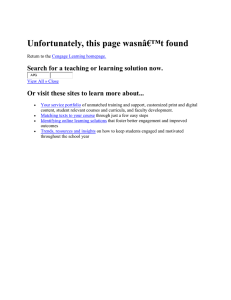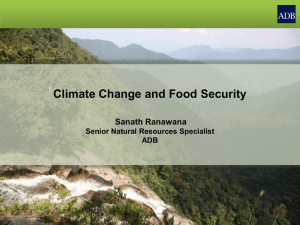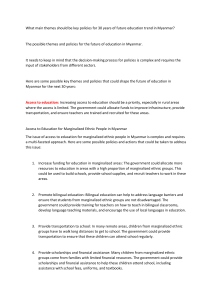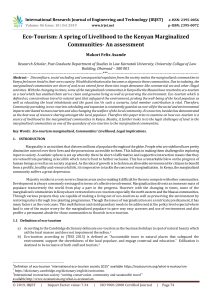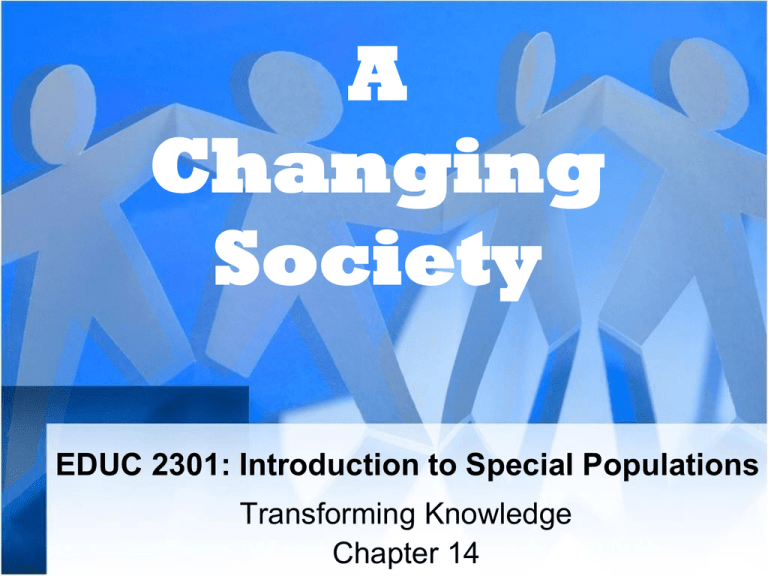
A
Changing
Society
EDUC 2301: Introduction to Special Populations
Transforming Knowledge
Chapter 14
Effective Models Promoting Just and
Equitable Services for the Underserved
and Marginalized
Characteristics of Effective Schools
Public and Charter (KIPP, Uplift)
• High, “can do” expectations
• Task-oriented faculty
• High academic engaged time
• Teachers effectively manage student
behavior
• Principal provides instructional leadership
• Involved parents
• Calm, safe, orderly, pleasant environment
Copyright by Houghton Mifflin
2-3
Curriculum Transformation
• Transformative knowledge growth occurs
through teachers’ integration of
knowledge from marginalized groups
who have heretofore been silenced or, at
the very least, quieted by their
oppression.
• As our communities become more
diverse, we have the responsibility to
develop curriculum reflective of the
families we teach.
©2012 Cengage Learning.
All Rights Reserved.
Plano ISD demographics
2000-01
Total Students 47,161
White
69%
Asian
13%
Hispanic
10%
Black
7%
Econ. Disadv.
9%
Limited Eng.
7%
1009-10
54,683
49%
21%
19%
11%
24%
12%
Kohlberg’s Levels and Stages
of Moral Development
Stages of Curriculum Transformation
•
Stage 1: The absence of the marginalized group is not noticed.
•
Stage 2: Teachers begin a search for missing voices in their curricula.
•
Stage 3: Teachers begin to question why they have trouble finding leaders, writers,
artists, and so on who are members of marginalized groups to include in their curricula.
•
Stage 4: Teachers recognize that to document the experiences of the marginalized
means documenting everything—for marginalized people have always been a part of
human life.
•
Stage 5: Teachers ask, “How valid are current definitions of standards of excellence,
historical periods, and norms of behaviors within my discipline?” They reshape
organizing questions in their disciplines to account for diversity.
•
Stage 6: Process, instead of products, is emphasized.
©2012 Cengage Learning.
All Rights Reserved.
Other Models Effectively Addressing
Needs of Families
• Early Childhood Intervention (ECI)
http://www.lifepathsystems.org/
• Parents as Teachers
http://www.parentsasteachers.org/
• Bridges Out of Poverty
• AVANTE
• http://www.avancedallas.org/site/Default.aspx
Programs offering Relief in our Area
• City House – short term housing for
children and youth
• Network – financial aid and services for
families in Richardson Independent
School District
• Samaritan Inn – homeless shelter in
Collin County
• City Programs such as “Love Where You
Live”
• Private/Public Partnerships such as
Open Table
For Reflection and Discussion
1.
Why it is important to challenge content and the processes
by which members of dominant culture come to know
information in your field of study? What is the down side of
incorporating people from all cultures equally into study of a
curricular subject area?
2.
How can teachers help their students develop skills that will
allow them to construct their own knowledge through critical
analysis?
3.
How can teachers assist families in ways that will help their
children achieve academic goals and maximize their
potential?
©2012 Cengage Learning.
All Rights Reserved.

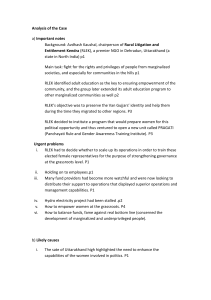

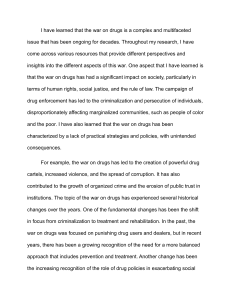
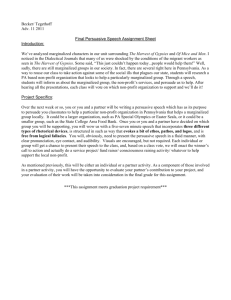
![5 HO HRBA principles [print 6 per page]](http://s3.studylib.net/store/data/009712334_1-86d98fafc6c019fea5f74a455f768ec1-300x300.png)
